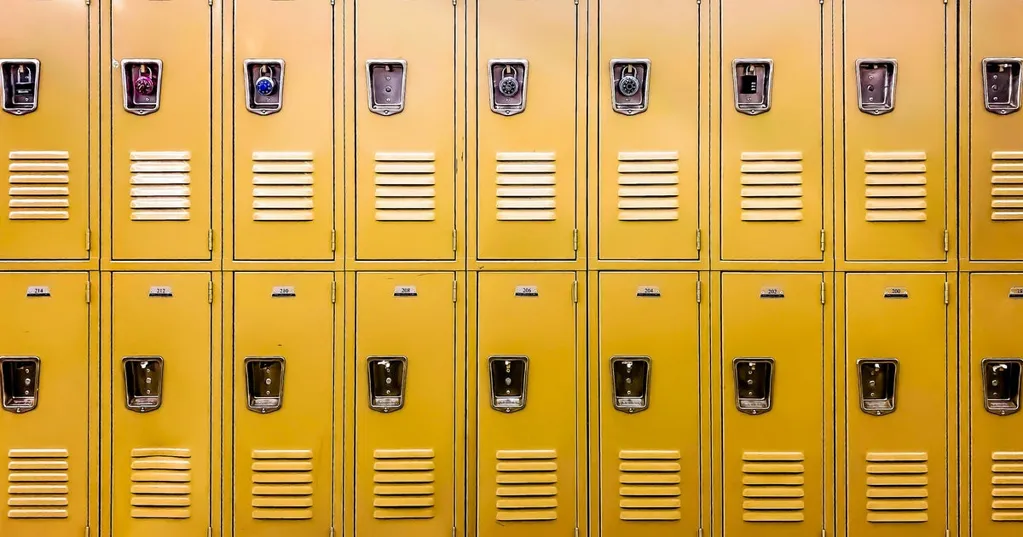Back to school brings the return of a dreaded parental task: getting the kids out of bed. But maybe the problem isn't them, rather how early we're asking them to get up.
When the first bell rings at high schools around southwestern Pennsylvania, the clock hasn't yet struck 8. In some schools, it's just hitting 7:30, or even earlier than that.
"Our school start time is too early," said Dr. Joanna Fong-Isariyawongse, a UPMC neuroscientist.
"You'd be hard pressed to find many teenagers who disagree.
"It is a public health crisis of sleep insufficiency among adolescents right now," Fong-Isariyawongse said.
More and more sleep experts say the early start to the school day is hurting teenagers' grades, bodies and mental health.
"There's a really strong link between sleep insufficiency and depression, anxiety and even to a point of suicidality," said Fong-Isariyawongse.
Thanks to a shift in their brain chemistry, when kids hit puberty, they get sleepier later, typically around 11 p.m. But with most high schools starting earlier than middle and elementary schools, teens get less sleep than when they were younger, way less than the 8 to 10 hours a night they need.
KDKA-TV looked at the start times for the largest school districts in each southwestern Pennsylvania county. Each one starts well before the Centers for Disease Control and Prevention's recommended 8:30 a.m. bell.
Kaili Kniffen is now a junior at the University of Pittsburgh, but when she was a high school student, she knew her 7:37 a.m. start time was making her and her fellow students sleep deprived. So she set out to fix it.
The teenagers had the data on their side; the CDC says 84% of Pennsylvania teens don't get enough sleep, putting the commonwealth's kids among the country's most exhausted. But Kniffen said that wasn't enough to sway anyone's minds in her district.
"It was just that, like, their minds weren't there, I guess. Like, things had always been done that way," Kniffen said.
"The most pushback came from, yes, the community, the parents," she added.
After-school sports, bus schedules and child care challenges were all part of why Kniffen’s campaign went nowhere.
Now a state lawmaker is hoping to get school boards, teachers and parents to agree with the doctors and data.
"If you had a study and you were in a business, and you knew that you would have so much better performance just by moving your start time of when people come to work by a half an hour, you would do it, right?" said state Rep. Jill Cooper.
Cooper represents part of Westmoreland County. Back in 2023, she introduced a bill to require secondary schools to start no earlier than 8:15. The bill got bipartisan co-sponsors but died in committee. So this summer, she tried again, getting rid of the mandate but showing schools they had lawmakers' backing.
"It's not a switch that you just flip up. You have to engage your community, you have to engage your parents, you have to engage your teachers," Cooper said.
"If they know that there's something in school that raises the risk for diabetes, suicide, depression, safety, I'm sure everybody can say, 'No way, we're not going to let that happen.' But this early school start is exactly doing that," said Fong-Isariyawongse said.
KDKA Investigates reached out to local school districts asking if they would consider a later start. Only Canon-McMillan responded, saying no comment.
Sleep experts say most teens won't come right out and say they're really sleep deprived. Instead, they say parents should look for a few warning signs like extreme mood swings, falling behind in school, risky or impulsive behavior or trying to "catch up" on sleep on the weekend.
